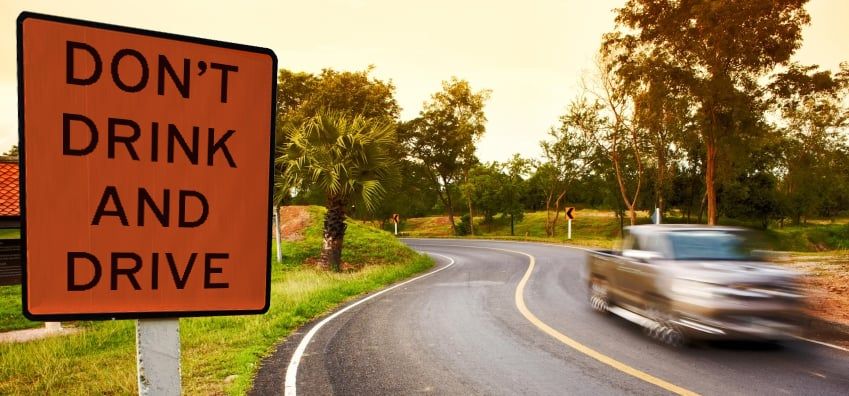 Anyone who receives a drunk driving conviction for operating while impaired (OWI) in Iowa is on the hook for quite a few penalties, and for repeat offenders and some first offenders, that can include an ignition interlock.
Anyone who receives a drunk driving conviction for operating while impaired (OWI) in Iowa is on the hook for quite a few penalties, and for repeat offenders and some first offenders, that can include an ignition interlock.
But, as it turns out, the state of Iowa isn’t forcing people with a drunk driving conviction to use their interlocks correctly. That’s resulting in a lot of offenders on the roads who are driving free, clear, and without a care for the fact that they are essentially skipping one of their most significant drunk driving penalties.
What can Iowa do to strengthen their ignition interlock laws? There are a few steps they can take that have worked for others states.
Require onboard cameras along with ignition interlocks
Many states require cameras to be installed as part of the interlock program, and that camera takes a photo of whomever blows into the interlock to start the car and also take another photo during a rolling retest. Right now Iowa does not require interlock cameras, but they could force compliance and eliminate any cheating with the ignition interlock if they did.
Enforce non-compliance penalties
Some first time and all repeat offenders are required to obtain a restricted driver’s license upon drunk driving conviction. That restricted driver’s license identifies that person as a drunk driving offender and lets law enforcement know they are required to driver with an ignition interlock. Unfortunately Iowa doesn’t follow up to see if an offender has obtained the restricted license he or she is supposed to apply for, and that could mean the offender is skipping the ignition interlock completely.
There are no consequences if the offender doesn’t follow through with the license or penalty either, unless that offender is stopped for another drunk driving offense.
These are just two ways Iowa could strengthen their ignition interlock program, and if you look at states like Arizona, there are many other avenues they could pursue to force compliance and hold the state’s repeat offenders accountable. Until they do, drunk drivers will be a serious problem on Iowa roads.
